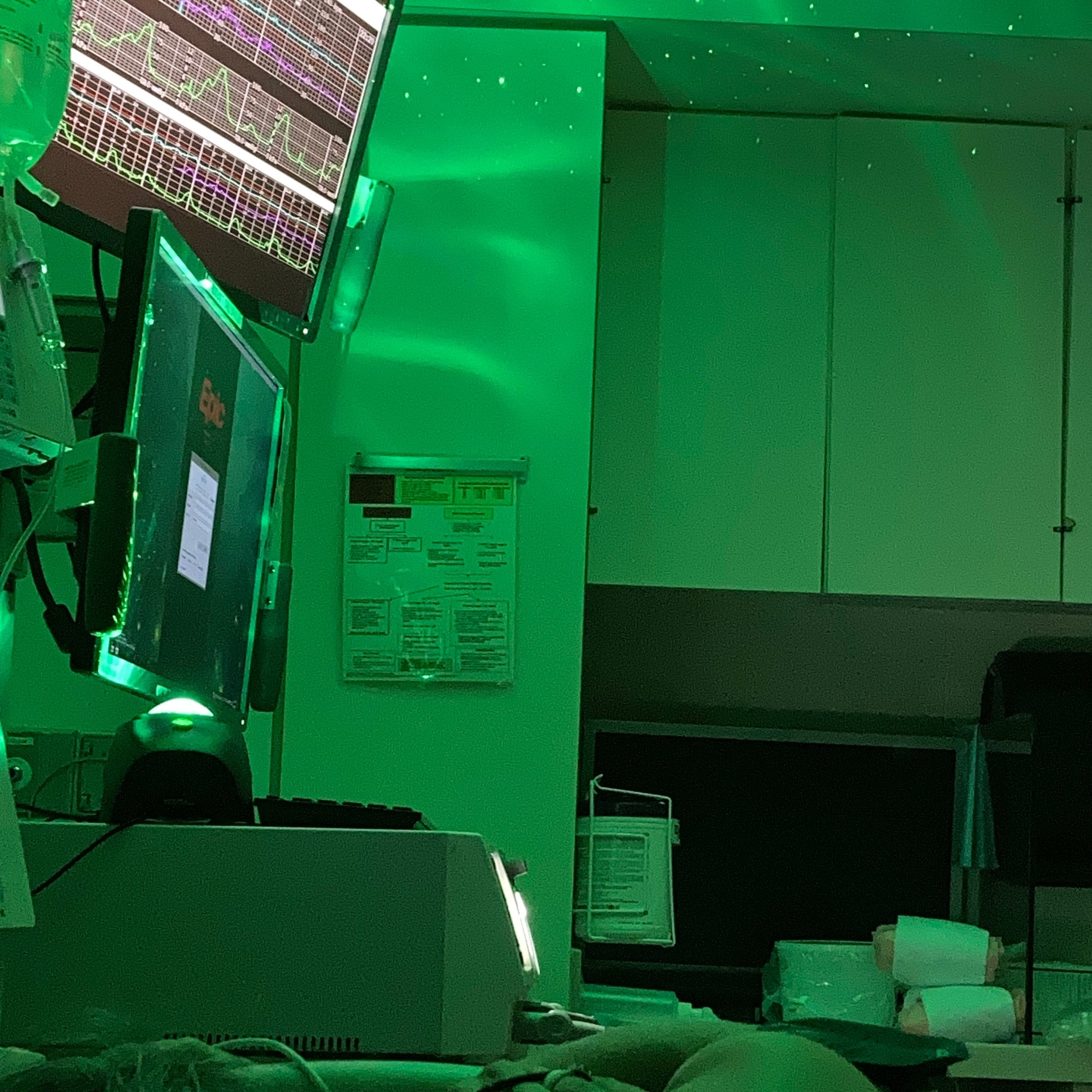Ways to reduce hospital-based adrenaline in labor
You’re getting into the hospital. You’re going to meet your baby soon! And….you feel your heart almost pound out of your chest.
So how do you reduce those spikes of adrenaline?
What is Hospital-Based Adrenaline?
Hospital-based adrenaline is anxiety or stress responses induced by being in a medical setting. This can happen for a variety of reasons.
For some, they've experienced medical trauma and all healthcare settings trigger them.
Others don't like needles or medical procedures.
And some people with no known triggers or hospital experience can feel overwhelmed and anxious unexpectedly.
What does adrenaline do in labor?
When we respond to stress, our nervous system response may be fight/flight (upregulated) or freeze (down regulated). Sometimes our nervous system gets “stuck” operating in one of these states. If the nervous system isn’t regulated, it can impact what is happening with the fibers in the uterus during a contraction. It can also increase pain sensations.
Adrenaline also slow labor progress and can literally stop contractions. There’s an evolutionary reason for that: think of an animal in the wild. If it senses a threat by a predator, it will stop contractions so that it can move into a safer area and continue laboring. The challenges is, how do YOU bring the adrenaline down so that you can continue laboring (or if you’re a partner, how can you continue to support your partner) without going into fight, flight or freeze mode?
Here are some ways to cope with those adrenaline spikes:
Unclench your jaw, unclench your fists
Drop your shoulders
Move rhythmically (walk, sway, side to side on a yoga ball, hum, dance)
Put essential oil on temples and wrists
Turn on a white noise machine
Turn on a speaker for calming music or meditation
Wear your own clothes
Bring a favorite blanket
Watch a familiar show or movie
Use low and deep sounds to relax pelvic floor
Partners: This is a huge way for you to support!
Provide a comforting touch
Make eye contact
Breathe together: slow, controlled exhale through the mouth
Create a "Labor Cocoon"
Twinkle or night lights in a labor and delivery room can set a nice tone.
When walking the halls or your room, you can create a 'cocoon' to help ease the sharp change from your room to the bright, loud, hectic hospital environment. You can do this by:
Dimming the lights
Bringing fairy lights to use instead of the overhead lights
Wearing a baseball cap to block overhead lights
Putting in earbuds when resting
Wearing a thick robe or warm sweatshirt
Wearing an eye mask when resting
All of these small actions and choices can help you get into your labor flow state. In the zone, confident, taking it step by step. Each step closer to meeting your baby!
Want to talk more about preparing for birth with a doula? Contact our team today.
❤️ Kathleen, Boston Area Doulas
www.bostonareadoulas.com
📞 (857) 600-1907
✉️ kathleen@bostonareadoulas.com


